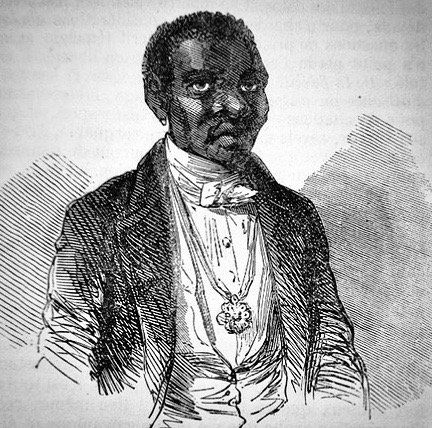Creole dialects, French Haiti
Enlarge text Shrink textHaitian Creole (; Haitian Creole: kreyòl ayisyen, [kɣejɔl ajisjɛ̃]; French: créole haïtien, [kʁe.ɔl a.i.sjɛ̃]), or simply Creole (Haitian Creole: kreyòl), is a French-based creole language spoken by 10 to 12 million people worldwide, and is one of the two official languages of Haiti (the other being French), where it is the native language of the vast majority of the population, and is also the most widely spoken creole language in the world. Northern, Central, and Southern dialects are the three main dialects of Haitian Creole. The Northern dialect is predominantly spoken in Cap-Haïtien, Central is spoken in Port-au-Prince, and Southern in the Cayes area. The language emerged from contact between French settlers and enslaved Africans during the Atlantic slave trade in the French colony of Saint-Domingue (now Haiti) in the 17th and 18th centuries. Although its vocabulary largely derives from 18th-century French, its grammar is that of a West African Volta-Congo language branch, particularly the Fongbe and Igbo languages. It also has influences from Spanish, English, Portuguese, Taíno, and other West African languages. It is not mutually intelligible with standard French, and it also has its own distinctive grammar. Some estimate that Haitians are the largest community in the world to speak a modern creole language, others estimate that more people speak Nigerian Pidgin. Haitian Creole's use in communities and schools has been contentious since at least the 19th century. Some Haitians view French as inextricably linked to the legacy of colonialism and language compelled on the population by conquerors, while Creole has been maligned by francophones as a miseducated person's French. Until the late 20th century, Haitian presidents spoke only standard French to their fellow citizens, and until the 21st century, all instruction at Haitian elementary schools was in modern standard French, a second language to most of their students. Haitian Creole is also spoken in regions that have received migration from Haiti, including other Caribbean islands, French Guiana, Martinique, France, Canada (particularly Quebec) and the United States (including the U.S. state of Louisiana). It is related to Antillean Creole, spoken in the Lesser Antilles, and to other French-based creole languages.
Read more on Wikipedia >
 Topic
Topic




